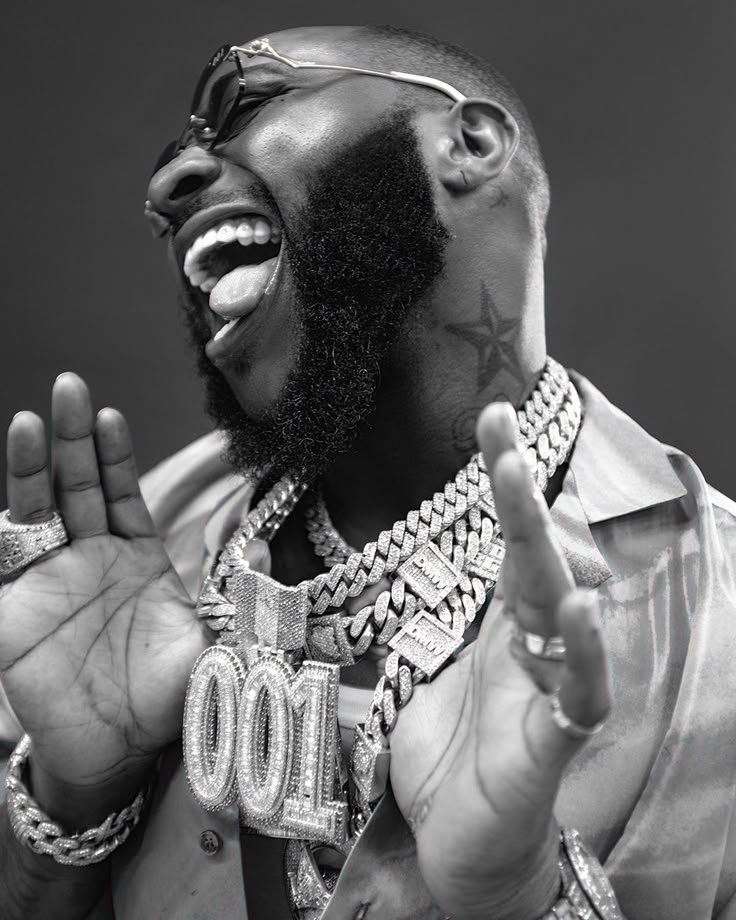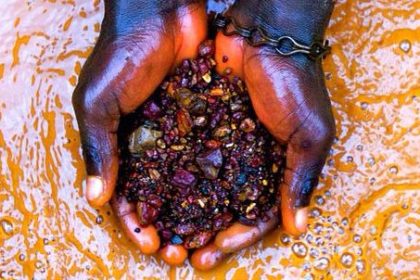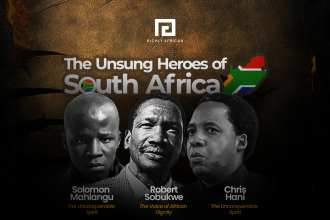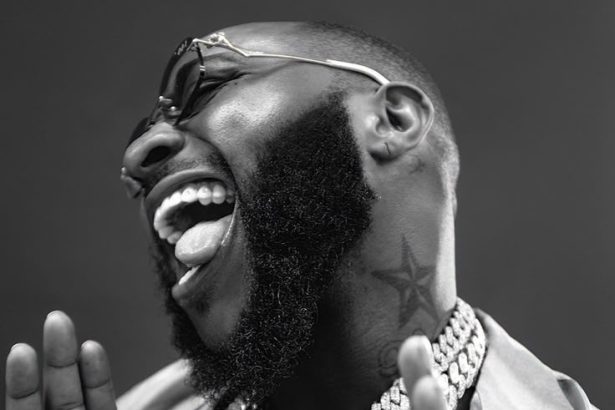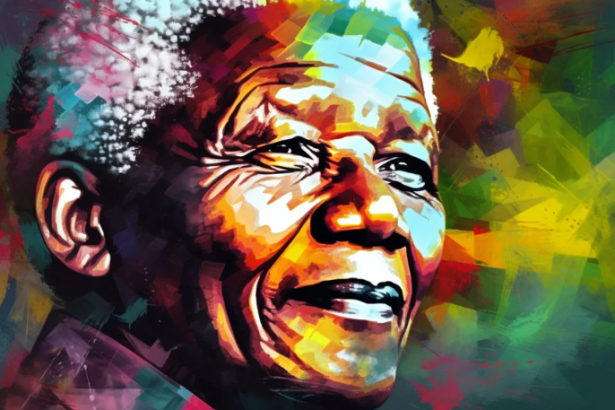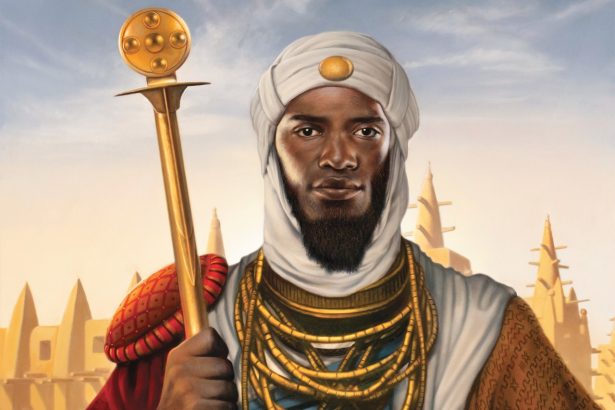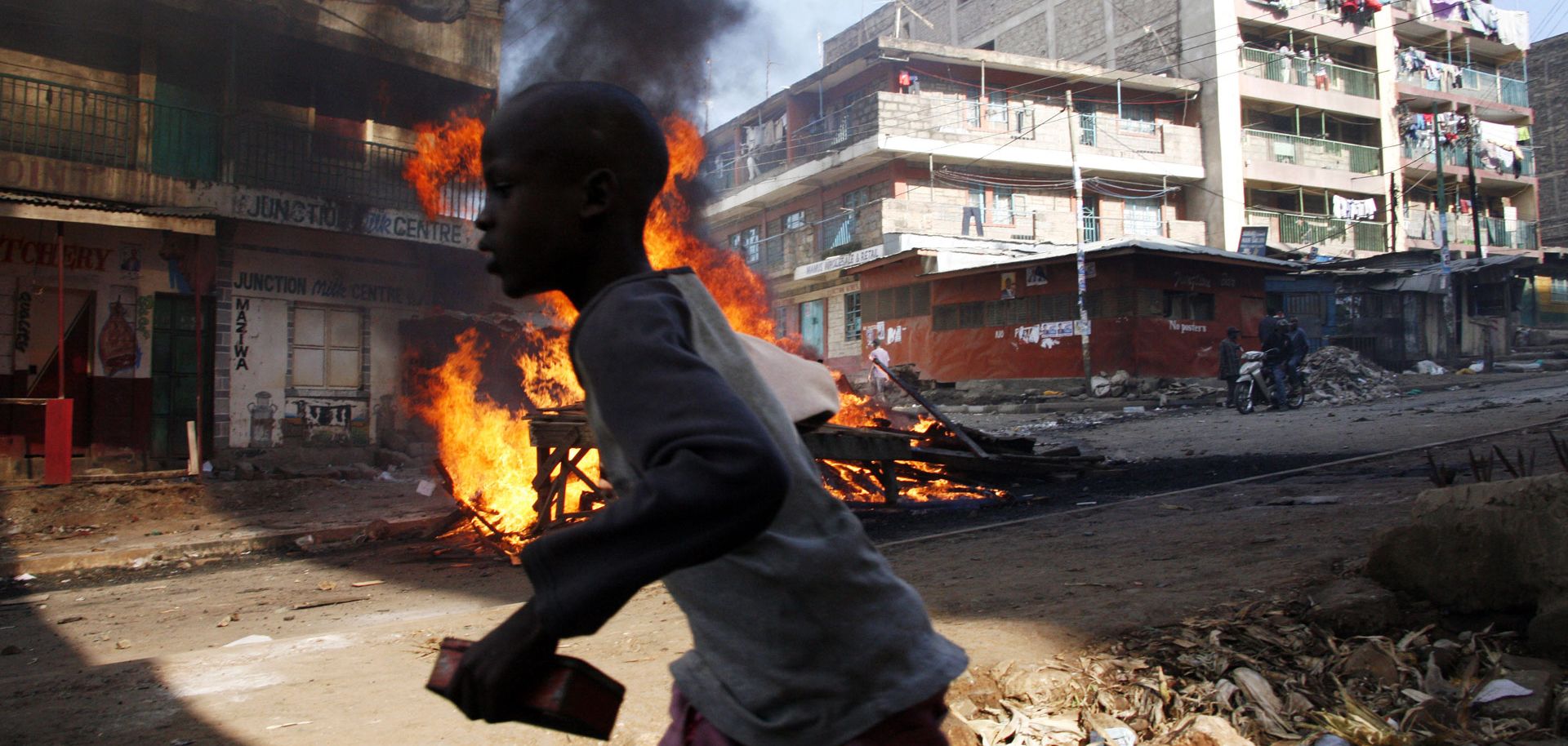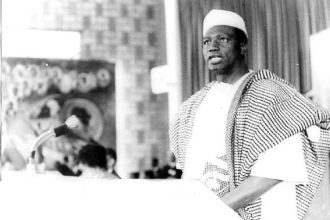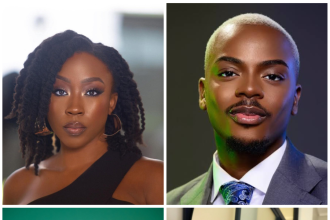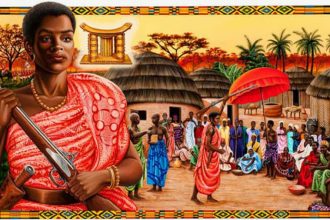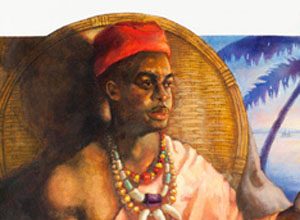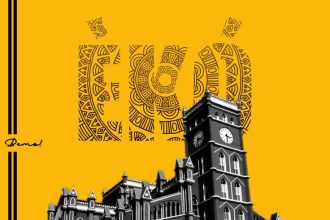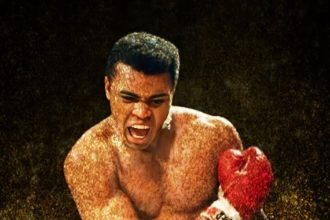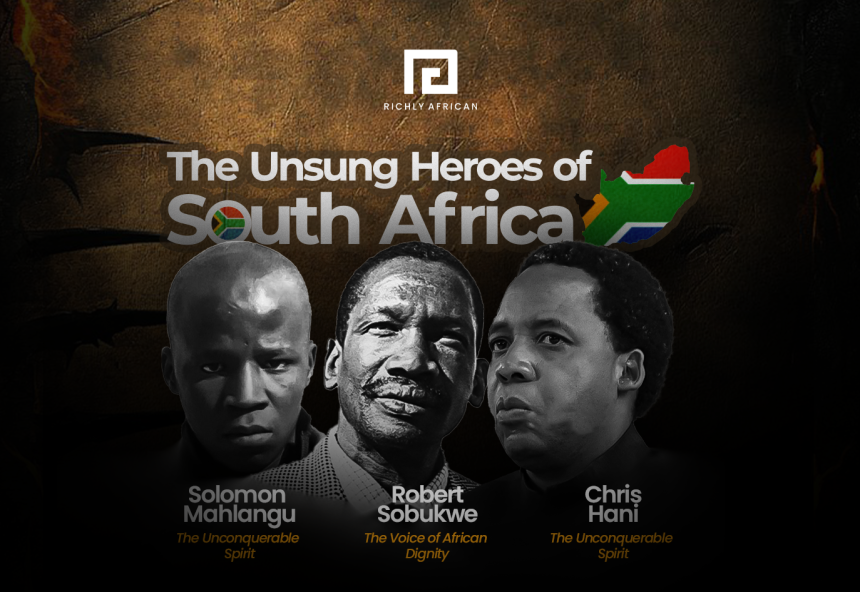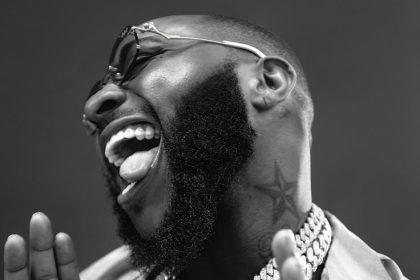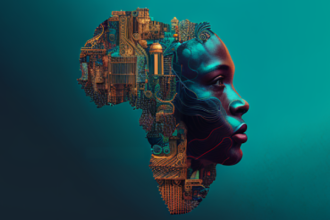8 Must Watch African Shows and Films Coming in 2026
If you love African shows, then this article is for you. African shows and films coming in 2026 has marked a turning point. Netflix has unveiled its biggest African slate yet, featuring productions from Nigeria, South Africa, and Ghana. Meanwhile, African films are competing at major festivals like Sundance and Berlinale, proving that continental cinema has evolved beyond regional appeal…
Most Streamed African Songs of 2025
Introduction African music had an extraordinary year in 2025, breaking records and reaching new heights across streaming platforms worldwide. The most streamed African songs of 2025 show how African artists are building lasting legacies that resonate with millions of listeners around the world. 2025 marked a turning point for African music on digital platforms. According to Spotify's Wrapped 2025 data,…
Top 3 Afro Gospel Songs of 2025
Afro Gospel music had an amazing year in 2025. The genre moved from church worship into mainstream charts, winning hearts across Africa and beyond. The top 3 Afro Gospel songs of 2025 show how African artists blend African rhythms with spiritual messages to create music that makes people dance and worship at the same time. 1. "No Turning Back II"…
Editor's Pick
Most Streamed African Songs of 2025
Introduction African music had an extraordinary year in 2025, breaking records and…
Most Read
Mali at 65: Modibo Keita and his Vision of African Socialism
On September 22, 1960, Mali gained independence from France, marking the birth…
How Oil and Diamonds Shaped Angola’s Path to Independence
When people think of Angola’s independence struggle, what often comes to mind…
African Legend Series – Muammar Gaddafi: The Visionary Leader
In the annals of African history, few figures stand as prominently as…
Redefining African Beauty: Skin, Hair and Self-Love
Content Introduction Why do we look the way we do? The beauty…
The Unsung Heroes of South Africa
South Africa’s journey from oppression to democracy is not a tale of…
African Legend series- King Jaja of Opobo
As far as African legends go, King Jaja of Opobo is one…
Righting the culture – A Lagos story
There are different interpretations to Lagos being the called 'The Small London'.…

Advertise your products and services here.
Sponsored Content
Global Coronavirus Cases
Confirmed
0
Death
0
Stay Up to Date
Subscribe to our newsletter to get our newest articles instantly!
Who named Africa the dark continent?
This pertinent question must be asked. Who named Africa the dark continent? Why did they do it? The term "Dark Continent" was historically used to refer to Africa, and it was primarily rooted in misunderstandings, misconceptions, and biases prevalent during the European exploration and colonization of Africa. This nickname did not describe the continent's characteristics but rather reflected the limited knowledge that Europeans had about the African continent at the time. Here are some key reasons why Africa came to be known as the "Dark Continent": Geographical Unfamiliarity: For many Europeans in the late 19th and early 20th centuries, Africa was largely unexplored and unfamiliar. Much of the interior of the continent remained a mystery to them, with uncharted territories, dense jungles, and vast deserts. The lack of accurate maps and knowledge of the continent's geography contributed to the perception of darkness. Cultural and Linguistic Diversity: Africa is incredibly diverse in terms of languages, cultures, and traditions. Europeans, unfamiliar with this diversity, often perceived it as complex and foreign, further contributing to the perception of Africa as an enigmatic and "dark" place. Colonial Ambitions: European colonial powers had an interest in portraying Africa as a mysterious and untamed land. By referring to it as the "Dark Continent," they could justify their imperialistic endeavors, framing their efforts as bringing "enlightenment" and civilization to a supposedly uncivilized and undeveloped land. Racism and Stereotyping: Unfortunately, deep-seated racist beliefs and stereotypes about Africans contributed to the term's usage. These prejudices perpetuated the idea that Africa was a "dark" and inferior continent despite the rich cultures, societies, and histories that existed there. Challenges of Exploration: The difficulties faced by early European explorers in navigating the continent's harsh environments and encountering unfamiliar diseases and wildlife added to the mystique and dangers associated with Africa. It's essential to understand that the term "Dark Continent" is outdated and offensive, as it perpetuates negative stereotypes and misconceptions about Africa. In contemporary discourse, it is important to approach Africa with respect and a recognition of its rich diversity, cultures, and contributions to the world. Today, Africa is celebrated for its vibrant societies, its role in global history, and its significant contributions in various fields, including art, culture, science, and more. Watch the video below and drop your comment. View this post on Instagram A post shared by Voice of Africa 🌍🌍 (@__african__motivation)
The Unsung Heroes of South Africa
South Africa’s journey from oppression to democracy is not a tale of mere politics; it’s a rich story that wasn’t written overnight. Their freedom was fought for, carved out of…


